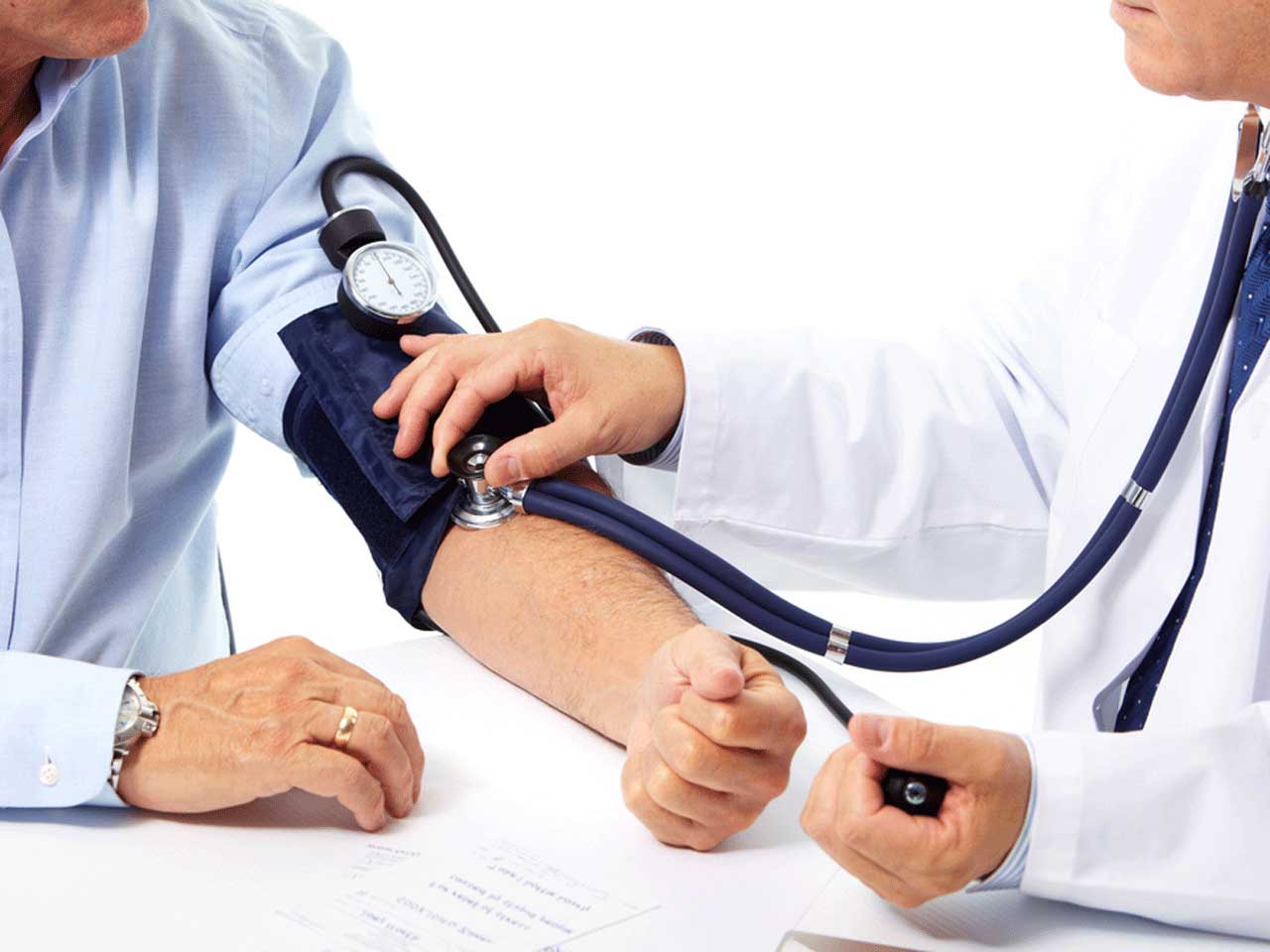Everyone should make time for their health. Scheduling your annual screenings is important because it helps detect medical problems and abnormalities. Getting into the habit of receiving these tests can be lifesaving.
There are many different types of screening tests out there, such as cancer, hearing health, and bone density. Depending on your age, you may or may not need to have these tests completed annually; however, there are specific tests that you should have done, no matter your age.
So, what types of screenings should you have every year? Read on to learn about the four tests you need.

Why visit your provider annually?
Even if you are healthy, annual exam screenings are essential to living a healthy life.
Annual exams serve several purposes:
- Screening for medical problems
- Assessing the future risk of medical issues
- Encouraging a healthy lifestyle
- Updating vaccinations
- Developing a patient-provider relationship
You’ll typically have your height and weight documented, and vital signs such as heart rate, temperature, and respiration rate.
During your exam, you will also have screenings done for blood pressure, cholesterol, skin, and depression. Many of these screenings can be done with a simple blood analysis to check for diseases, and others might include a physical examination.
1. Blood pressure screenings
It’s essential to have your blood pressure checked during your annual exams. Having high blood pressure can lead to a greater risk of developing heart disease later in life.
The American Heart Association (AHA) says that there are three types of blood pressure: normal, high, and low.
Normal blood pressure
The ideal blood pressure should be 120 over 80 (120/80) millimeters of mercury (mm Hg).
High blood pressure
High blood pressure is separated into three categories: elevated, stage 1 hypertension, and stage 2 hypertension:
- Elevated: Blood pressure over 120/80 mm Hg.
- Stage 1 hypertension: Blood pressure ranging from 130 to 139 mm Hg or a diastolic pressure ranging from 80 to 89 mm Hg.
- Stage 2 hypertension: Having a consistent reading of 140 over 90 (140/90 mm Hg) or higher.
Low blood pressure
Low blood pressure is indicated by having a level reading 90 over 60 (90/60 mm Hg).
When should you have your blood pressure checked?
You’ll want to have your blood pressure checked every 1 to 2 years because high blood pressure usually doesn’t show signs or symptoms.
2. Cholesterol screenings
Checking your cholesterol (lipid panel or lipid profile) can help reduce your risk for developing heart disease, stroke, or coronary artery disease.
A complete cholesterol check will calculate these four types of fats in your blood:
- Total cholesterol: The entire cholesterol content in your blood.
- High-density lipoprotein (HDL) cholesterol: High-density lipoprotein (HDL) cholesterol is the good cholesterol in your blood that helps keep your arteries open and flowing.
- Low-density lipoprotein (LDL) cholesterol: Low-density lipoprotein (LDL) cholesterol is the bad cholesterol in your blood and contributes to the buildup of fat in your arteries which reduce blood flow.
- Triglycerides: Triglycerides are fats in your blood that are stored in fat cells. High triglyceride levels can be associated with being overweight, smoking, excessive sweets consumption, drinking too much, and having diabetes.
When should you have your cholesterol checked?
At the age of 20, you can have your cholesterol checked once every five years, but many providers often screen annually, depending upon your levels and family history. Ideally, your cholesterol should be less than 200 milligrams per deciliter (mg/dl). Speak with your provider about how often you should have this test completed.
3. Skin exams
Your skin is the largest organ in your body, and it helps protect your body from injuries and infections. Skin exams help identify possible skin cancer. According to the Centers for Disease Control and Prevention (CDC), skin cancer affects roughly 5 million Americans, making it the most common type of cancer in the US.
A full body skin exam will consist of assessing the skin on your:
- Scalp
- Face
- Mouth
- Hands
- Feet
- Torso
- Arms
- Legs
- Eyes
- Ears
You’ll want to monitor your:
- Moles
- Freckles
- Blemishes
And, check for changes in:
- Size
- Shape
- Color
When should you have your skin checked?
Full-body skin exams should be completed every year. If you’re at higher risk of developing skin cancer, consult with your provider about how often you should be screened.
4. Mental health screenings
Mental health is incredibly important. According to the National Alliance on Mental Illness, approximately 1 in 5 adults in the US will experience mental illness and many more are undiagnosed.
When should you have your mental health checked?
During your annual exam, your provider will ask questions about your mental health and how you’re doing. It’s vital to talk openly with your provider about how you’re feeling.
Speak with a provider if you have any of the following symptoms for more than two weeks:
- Change in appetite
- Change in sleeping patterns
- Loss of interest in activities
- Feeling hopeless or worthless
- Feeling sad or anxious
- Feeling restless or irritable
- Decreased energy or motivation
- Difficulty concentrating on everyday tasks
- Thoughts of suicide or death
If you have recurring thoughts about suicide or death, please seek help immediately by calling 911 or the National Suicide Prevention Lifeline at 1-800-273-8255.
Schedule your annual checkup
It’s essential to visit your provider for regular checkups to monitor your health. Annual screenings for the four tests above can help assess risk, prevent complications, and improve the quality of your life.
Schedule your appointment for an annual exam today!